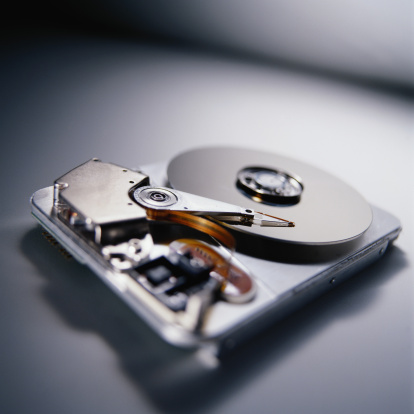How to Clean Up Your Computer

Cleaning your computer frequently not only helps you prevent system crashes but also keeps your computer running efficiently. However, cleaning up a computer requires several different steps, and it is important that you know about them in order to avoid corrupting your system software. While there are certain clean up software available on the internet, it is always recommended that you manually clean your system for the best results.
Instructions
-
1
Gain administrator rights
You must have administrator rights in order to access certain features on your computer. If you own the computer yourself, you are probably the administrator too; however, if you have a limited or guest account, you cannot perform maintenance and will need access from a system administrator account. -
2
Back up your data
Before you begin the clean up procedure, it is imperative that you back up your data. While chances of data loss are remote, it is always recommended that you ensure the safety of sensitive data by backing it up and uploading it or storing it on a secure medium. -
3
Empty recycle bin
All the files you delete from your computer are transferred to the recycle bin, which you can locate on the desktop. This serves as a temporary storage in case you mistakenly delete a file and wish to recover it. However, most files stay here indefinitely and continue to use up valuable disk space. It is recommended that you right click on the recycle bin icon and choose empty to delete all the files it holds. -
4
Use disk cleanup
The Disk cleanup utility is a built-in feature of the Windows operating system. The utility can be accessed through the 'system tools' option under 'accessories'. After the program scans your disk for free-able space, you can choose to delete the unnecessary files such as temporary internet files. -
5
Defragment your disk
The Disk Defragmenter utility is also a built-in feature and is very useful if you have hard drives with large storage capacities and a lot of files. Over time, the speed and efficiency of these drives is reduced due to files becoming fragmented and cluttering the drive. This utility unites all fragments to ensure that the disk is read smoothly.







